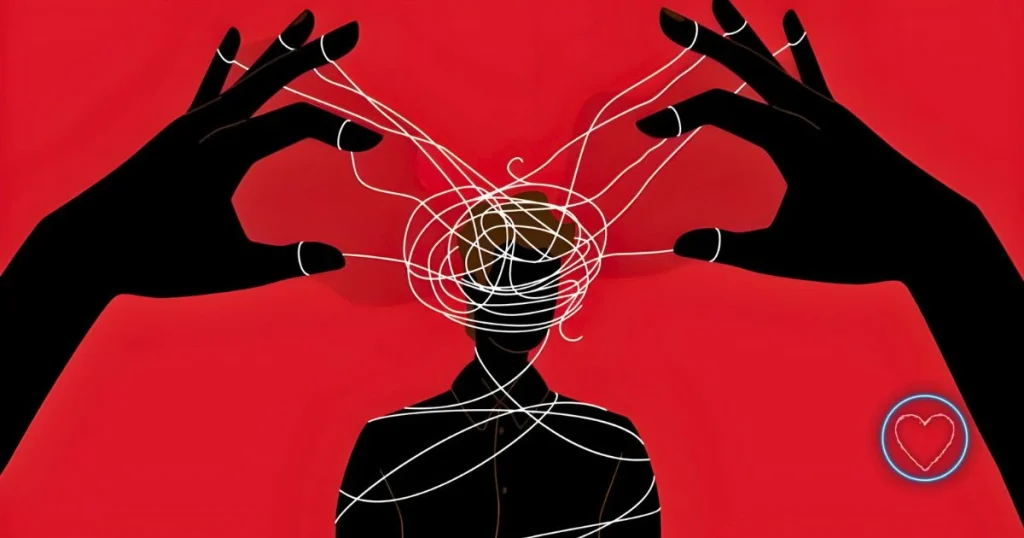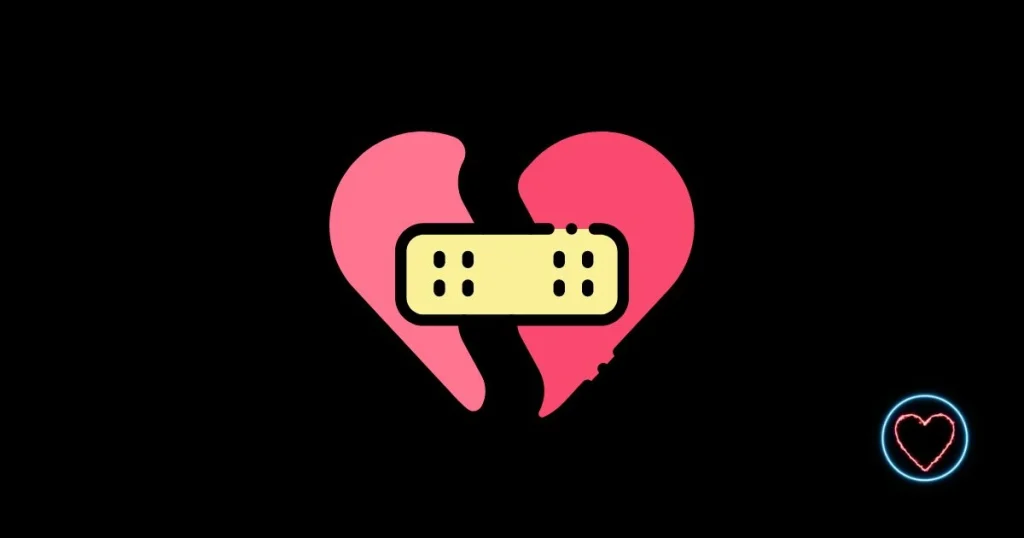In the world of relationships, few experiences are as devastating and confusing as when a partner suddenly vanishes. One day, everything seems fine—or at least manageable—and the next, they’re simply gone. No explanation. No warning. No goodbye.
Whether it’s a new relationship, a long-term commitment, or even a marriage, sudden disappearance—sometimes called ghosting when it happens early in dating or the disappearing act when it occurs later—leaves the abandoned partner drowning in a pool of unanswered questions, self-doubt, and heartbreak.
But why do partners suddenly vanish? What drives someone to walk away from a relationship without closure? The answers are complex and often deeply unsettling. Let’s explore the shocking truths behind this painful phenomenon.
The Modern Epidemic: Disappearing Partners
In today’s hyper-connected world, it seems paradoxical that someone could vanish so easily. Yet, it’s happening more often than many realize.
Thanks to technology, relationships now form at lightning speed. Dating apps, social media, and instant messaging allow people to connect and disconnect in the blink of an eye. While these tools have made meeting partners easier, they’ve also made it easier to disappear without facing consequences.
But vanishing isn’t limited to the world of casual online dating. Even long-term partners, spouses, and live-in lovers have been known to pack up and leave without so much as a note. The abruptness often leaves the person left behind traumatized, confused, and desperate for answers.
The Psychological Factors Behind Sudden Disappearances
While every situation is unique, several common psychological factors often contribute to why people choose to disappear rather than confront their partner.
1. Fear of Confrontation
Many people are deeply uncomfortable with conflict. The idea of sitting down and having an honest conversation about dissatisfaction, unhappiness, or the desire to leave can be overwhelming.
Instead of facing an emotional confrontation—which may involve tears, anger, or guilt—they take what they perceive as the easier route: disappearing. In their mind, vanishing spares both themselves and their partner from painful discussions, even though the reality is far more damaging.
2. Emotional Immaturity
Not everyone has the emotional maturity to navigate the complexities of a relationship. When things become challenging, emotionally immature individuals may panic and flee rather than work through issues.
These individuals often struggle with communication, responsibility, and empathy. They may not fully grasp the consequences of their actions or may simply lack the coping skills to handle difficult emotions.
3. Narcissistic Tendencies
For those with narcissistic traits, relationships often revolve around their own needs and desires. When a relationship no longer serves their personal gratification, they may feel entitled to leave without explanation.
Narcissists often lack empathy and accountability. Vanishing allows them to avoid responsibility for the emotional wreckage they leave behind while preserving their self-image.
4. Fear of Intimacy
Surprisingly, some people disappear precisely because the relationship was becoming too serious or emotionally intimate.
For individuals with fear of intimacy, vulnerability triggers anxiety. As feelings deepen, so do their fears of being trapped, exposed, or hurt. The deeper the emotional connection grows, the stronger their urge becomes to escape.
5. The “Grass is Greener” Syndrome
In some cases, partners vanish because they believe better options exist elsewhere. This is particularly common in individuals who struggle with commitment or constantly chase idealized versions of love.
When reality doesn’t match their fantasies, instead of working through imperfections, they bolt—sometimes into the arms of someone new.
6. Mental Health Issues
Mental health challenges such as depression, anxiety, substance abuse, or even personality disorders can contribute to disappearing behavior. These individuals may feel overwhelmed, hopeless, or trapped, leading them to withdraw entirely.
Unfortunately, untreated mental health conditions can distort perception and reasoning, making disappearance seem like the only way out.
7. Financial or Legal Trouble
Sometimes people vanish to escape external pressures unrelated to the relationship itself—debts, criminal charges, or family issues. In these situations, their disappearance may be an act of self-preservation, though it leaves their partner caught in collateral damage.
8. The Double Life
In some of the most shocking cases, the vanishing partner may have been living a double life—maintaining multiple relationships or even families. Once discovered or when the juggling act becomes unsustainable, they disappear to avoid exposure or consequences.
The Emotional Toll on Those Left Behind
When a partner vanishes without explanation, the psychological and emotional fallout for the abandoned person is severe and long-lasting.
1. Unresolved Grief
Unlike typical breakups where there’s at least a conversation or explanation, sudden disappearance leaves the abandoned partner trapped in a state of unresolved grief. Without answers, there’s no closure.
2. Self-Blame and Shame
Many are left wondering what they did wrong, replaying every moment for clues. They may blame themselves, even though the decision to disappear was never truly about them.
3. Trust Issues
The trauma of being abandoned so abruptly often leads to long-term trust issues. Future relationships may be clouded by fear of being left again.
4. Anxiety and Depression
The shock and betrayal can trigger symptoms of anxiety, depression, and even PTSD. The sense of unpredictability shakes one’s core belief in stability and security.
The Social Stigma of Sudden Disappearances
Unlike other forms of heartbreak, being left without explanation carries a unique social stigma. Friends, family, and even therapists may struggle to understand or support the person left behind.
Comments like “They probably weren’t worth your time anyway” or “At least now you know who they really were”—though well-intentioned—often minimize the intense pain of having no answers.
Society often fails to grasp that the trauma isn’t just the loss of the relationship but the deep wound of abandonment without closure.
The Rise of “Ghosting” Culture
While ghosting originally referred to someone ending casual dating by cutting off contact, the term has broadened to include even serious relationships where one partner vanishes.
This phenomenon has become disturbingly normalized in modern dating culture, partly due to:
- Technology enabling easy disconnection.
- A lack of social accountability.
- A growing avoidance of emotional discomfort.
Unfortunately, as ghosting culture spreads, so does emotional detachment and the devaluation of others’ feelings.
Can Disappearing Be Justified?
In rare cases, vanishing may be a form of self-protection. For instance:
- Escaping an abusive relationship.
- Leaving a dangerous or unsafe situation.
When safety is at stake, disappearing may be the only viable option. However, most sudden disappearances occur in relationships where no abuse was present—making the act far more selfish and damaging.
How to Heal After a Partner Vanishes
Recovering from a partner’s disappearance is uniquely challenging, but healing is possible with intentional steps.
1. Accept Lack of Closure
Understand that closure must come from within. You may never get the answers you crave, and waiting for them can prolong your suffering.
2. Reject Self-Blame
Remind yourself that your partner’s choice to vanish was about their inability to handle the situation—not a reflection of your worth.
3. Seek Support
Therapy, support groups, or trusted friends can help you process your emotions in a safe space.
4. Set Boundaries for Future Relationships
Use the experience to clarify your needs in future partnerships, especially around communication and emotional safety.
5. Rebuild Self-Trust
Learn to trust your intuition again. You didn’t fail—you loved. And love always involves risk.
The Bottom Line: The Shocking Truth
The shocking truth is this: most partners who vanish aren’t doing it because of anything their partner did wrong. They disappear because they lack the tools, courage, or emotional maturity to confront uncomfortable situations.
While their disappearance feels personal, it often reveals far more about their limitations than your shortcomings.
Being abandoned without explanation is one of the most confusing and painful betrayals a person can endure. But it’s also an opportunity to build resilience, self-awareness, and eventually, healthier relationships where honesty and communication are valued.
In the end, when someone vanishes without a trace, they leave behind not only a broken heart but a lesson: that true love requires bravery, honesty, and respect—even when things get hard.




















